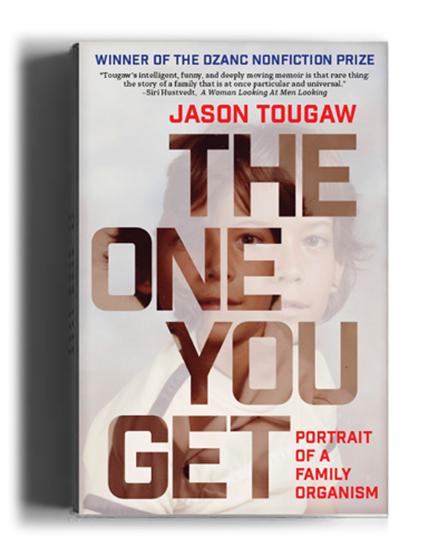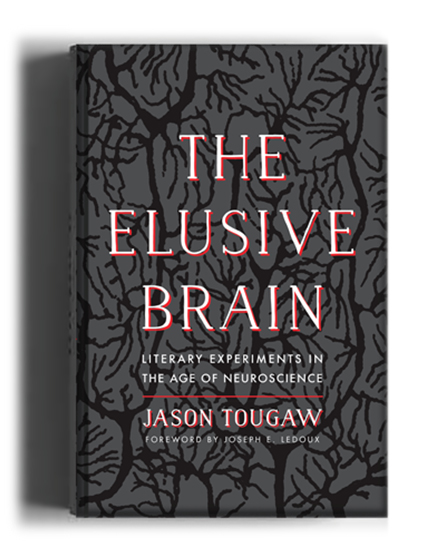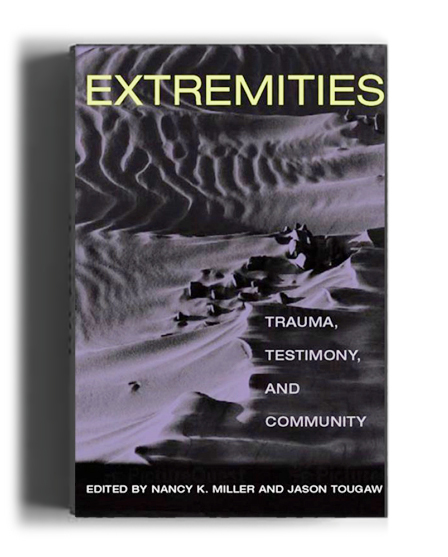
In The One You Get: Portrait of a Family Organism, Jason Tougaw marries neuroscience and family lore to tell his story of growing up gay in 1970s Southern California, raised by hippies who had “dropped out” in the late sixties and couldn’t seem to find their way back in. “There’s something wrong with our blood,” the family mantra ran, “and it affects our brains”―a catchall answer for incidents such as Tougaw’s schizophrenic great-grandfather directing traffic in the nude on the Golden Gate Bridge, the author’s own dyslexia and hypochondria, and the near-death experience of his notorious jockey grandfather, Ralph Neves.
With shades of Oliver Sacks and Susannah Cahalan, this honest and unexpected true story recasts the memoir to answer some of life’s big questions: “Where did I come from,” “How did I become me,” and “What happens when the family dog accidentally overdoses on acid?”
To purchase: Bookshop, Indiebound, Dzanc Books, Indiebound, Powell’s, Amazon

Featuring a foreword by renowned neuroscientist Joseph E. LeDoux, The Elusive Brain is an illuminating, comprehensive survey of contemporary literature’s engagement with neuroscience. This fascinating book explores how literature interacts with neuroscience to provide a better understanding of the brain’s relationship to the self.
Jason Tougaw surveys the work of contemporary writers—including Oliver Sacks, Temple Grandin, Richard Powers, Siri Hustvedt, and Tito Rajarshi Mukhopadhyay. He argues that their work offers a necessary counterbalance to a wider cultural neuromania that seeks out purely neural explanations for human behaviors as varied as reading, economics, empathy, and racism. Tougaw’s evenhanded account is an original contribution to the growing field of neuroscience and literature.
To purchase: Bookshop, Indiebound, Yale Books, Apple Books, Amazon

How do we come to terms with what can’t be forgotten? How do we bear witness to extreme experiences that challenge the limits of language? This remarkable volume explores the emotional, political, and aesthetic dimensions of testimonies to trauma as they translate private anguish into public space. Nancy K. Miller and Jason Tougaw have assembled a collection of essays that trace the legacy of the Holocaust and subsequent events that haunt contemporary culture.
Extremities combines personal and scholarly approaches to a wide range of texts that bear witness to shocking and moving accounts of trauma. The volume includes essays by Ross Chambers, Sandra M. Gilbert, Susan Gubar, Marianne Hirsch, Wayne Koestenbaum, Eve Kosofsky Sedgwick, and others.
To purchase: Indiebound, U Illinois Press, Amazon

Strange Cases is the story of the mutual influence of the case history and the British novel during the eighteenth and nineteenth centuries. Fictions from Defoe’s Roxana to James’s The Turn of the Screw and case histories from George Cheyne’s to Sigmund Freud’s have found narrative impetus in pathology. The writer of a case history faces a rhetorical bind unique to the human sciences: the need to display the acumen of a scientist and the sympathy warranted to the suffering patient.
Repeatedly, case historians justify their publicizing of extreme, often morbid or perverse, states of mind and body by appealing to readers to take pity on patients and to recognize the narrative as a vital social document. While these two narrative forms set out to fulfill an Enlightenment drive to classify and explain, they also raise social and epistemological questions that challenge some of the Enlightenment’s most cherished ideals, including faith in reason, the perfectibility of humankind, and the stability of truth.
To purchase: Indiebound, Apple Books, Amazon


